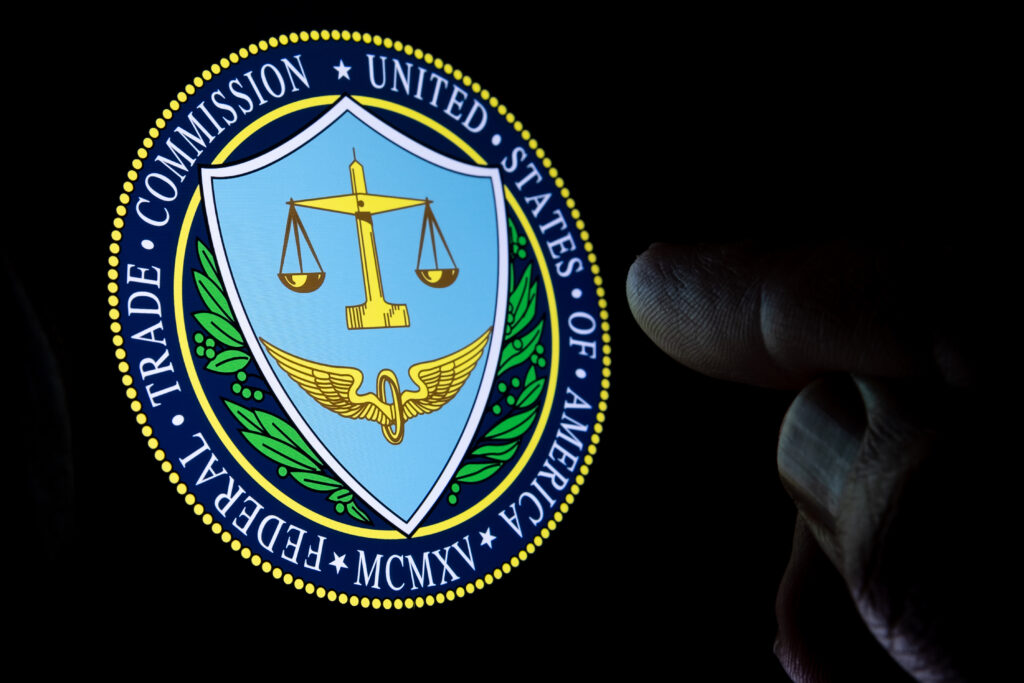The Federal Trade Commission (FTC) has taken decisive action against two tech support firms, Restoro Cyprus Limited and Reimage Cyprus Limited, for misleading consumers into purchasing unnecessary computer repair services. The companies have agreed to pay $26 million to settle charges for exploiting consumers, particularly the elderly, by falsely claiming their computers were infected with viruses and other security threats.
This settlement follows the FTC’s complaint that these firms used deceptive marketing tactics, including fake Microsoft Windows pop-ups, to trick consumers into buying their software and services.
Why it matters: This highlights the FTC’s commitment to protecting consumers from deceptive and unfair business practices, especially in the technology sector. It sends a clear message to tech support companies about the consequences of exploiting consumer fear for financial gain. The case also underscores the importance of consumer vigilance in the digital age, where such scams can easily prey on the less tech-savvy and vulnerable populations.
- Misleading Software Sales: Consumers were persuaded to purchase software, priced between $27 and $58, under the guise of fixing non-existent issues, suggesting that their devices were infected with viruses, pushing consumers towards their paid repair services. However, even after purchasing, they were led to believe further assistance was necessary, often involving additional costly services.
- Financial Implications for Consumers: Many consumers, particularly older individuals, were deceived out of tens of millions of dollars through this scheme. The settlement aims to provide relief by compensating those affected by the misleading practices.
- Future Prohibitions and Oversight: As part of the settlement, Restoro and Reimage are barred from making false claims about security or performance issues and engaging in deceptive marketing and telemarketing practices. This is intended to prevent future exploitation and protect consumer interests.






